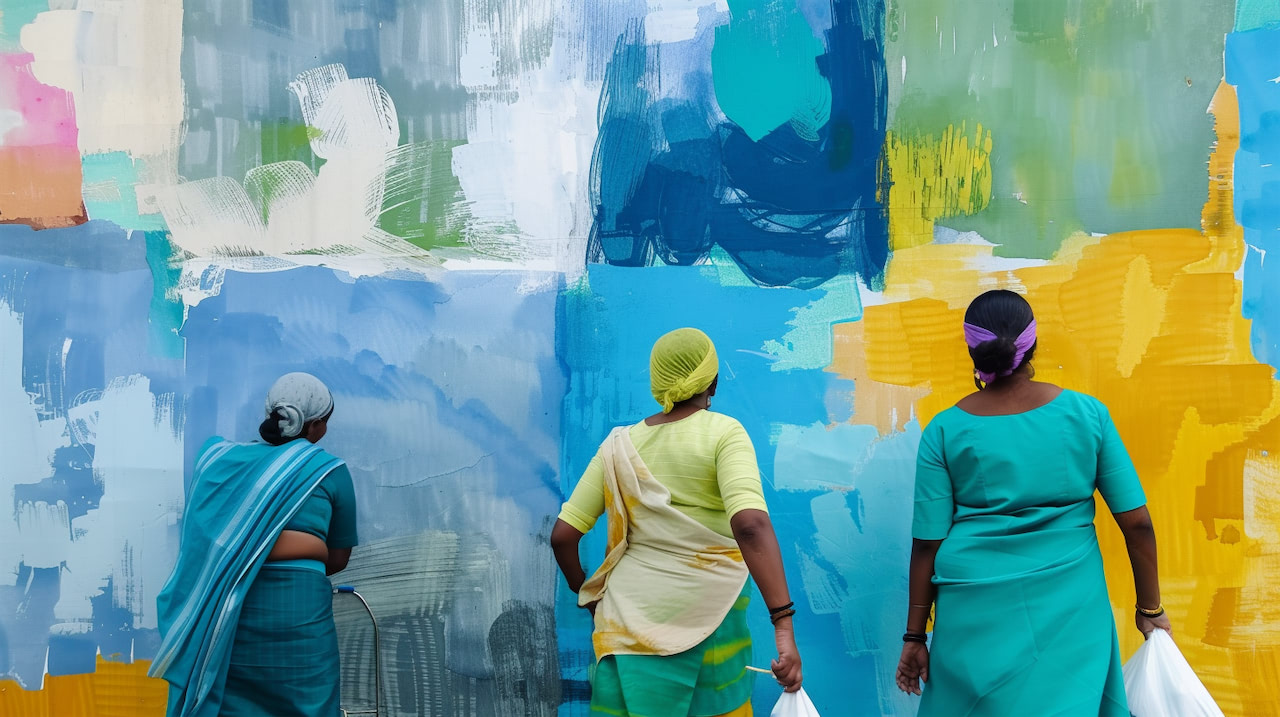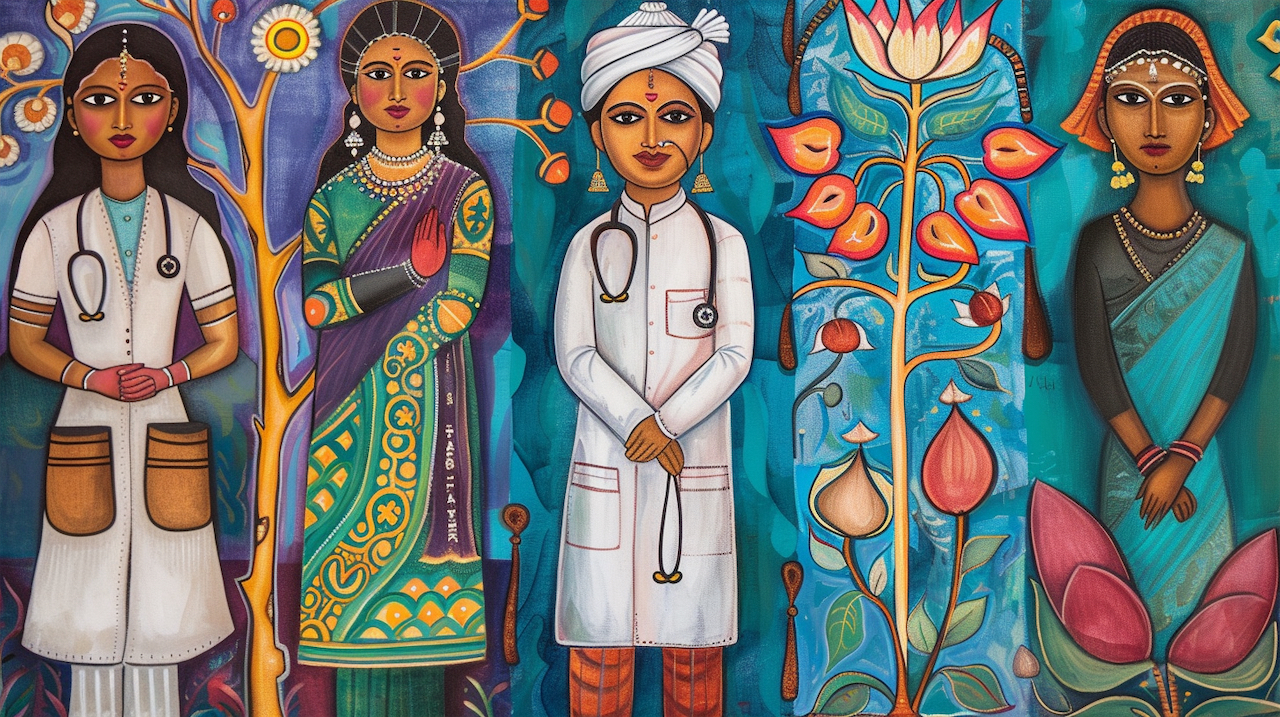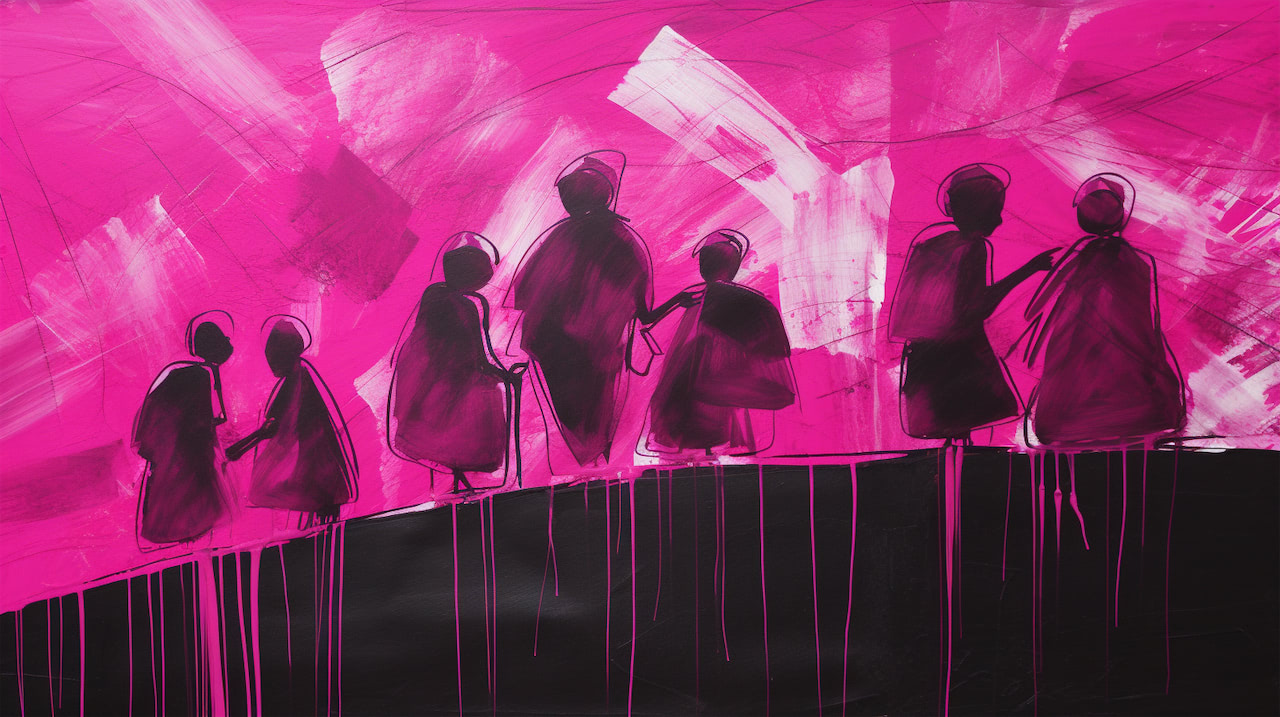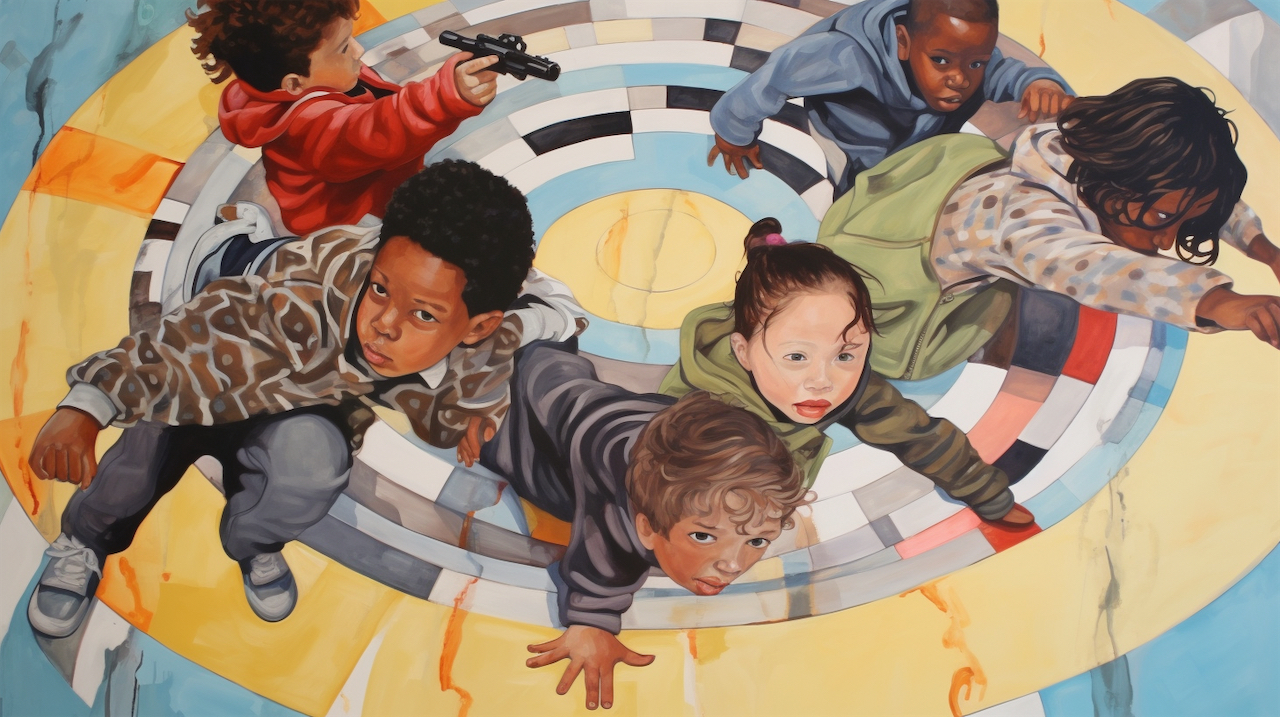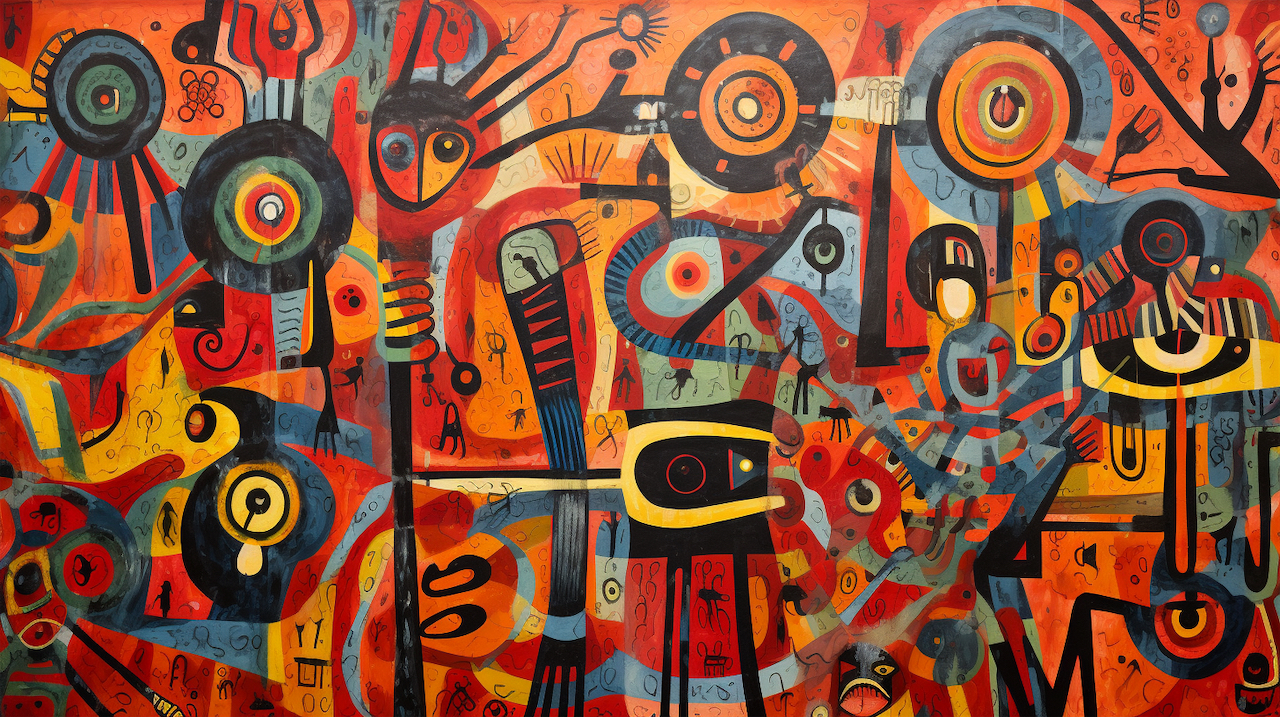Gender analysis of the World Health Organization online learning program on Immunization Agenda 2030
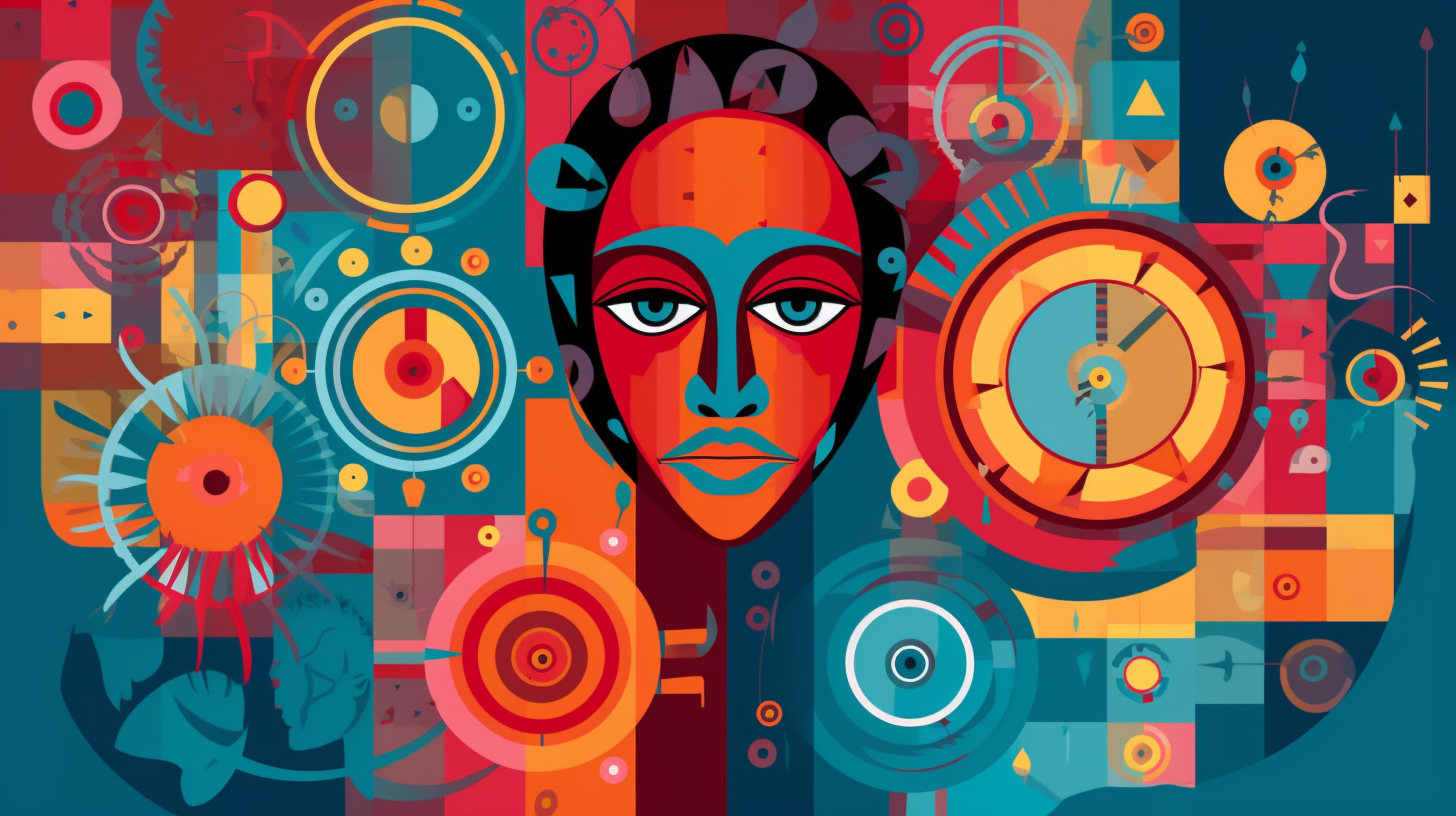
The article “Gender analysis of the World Health Organization online learning program on Immunization Agenda 2030” is, according to the authors, “the first to showcase the positive inclusion of mainstreaming gender in a WHO capacity-building program.” Context: The paper analyzes action plans developed and peer reviewed by participants in one cohort of the 2021 World Health Organization (WHO) Scholar Level 1 certification course on Immunization
